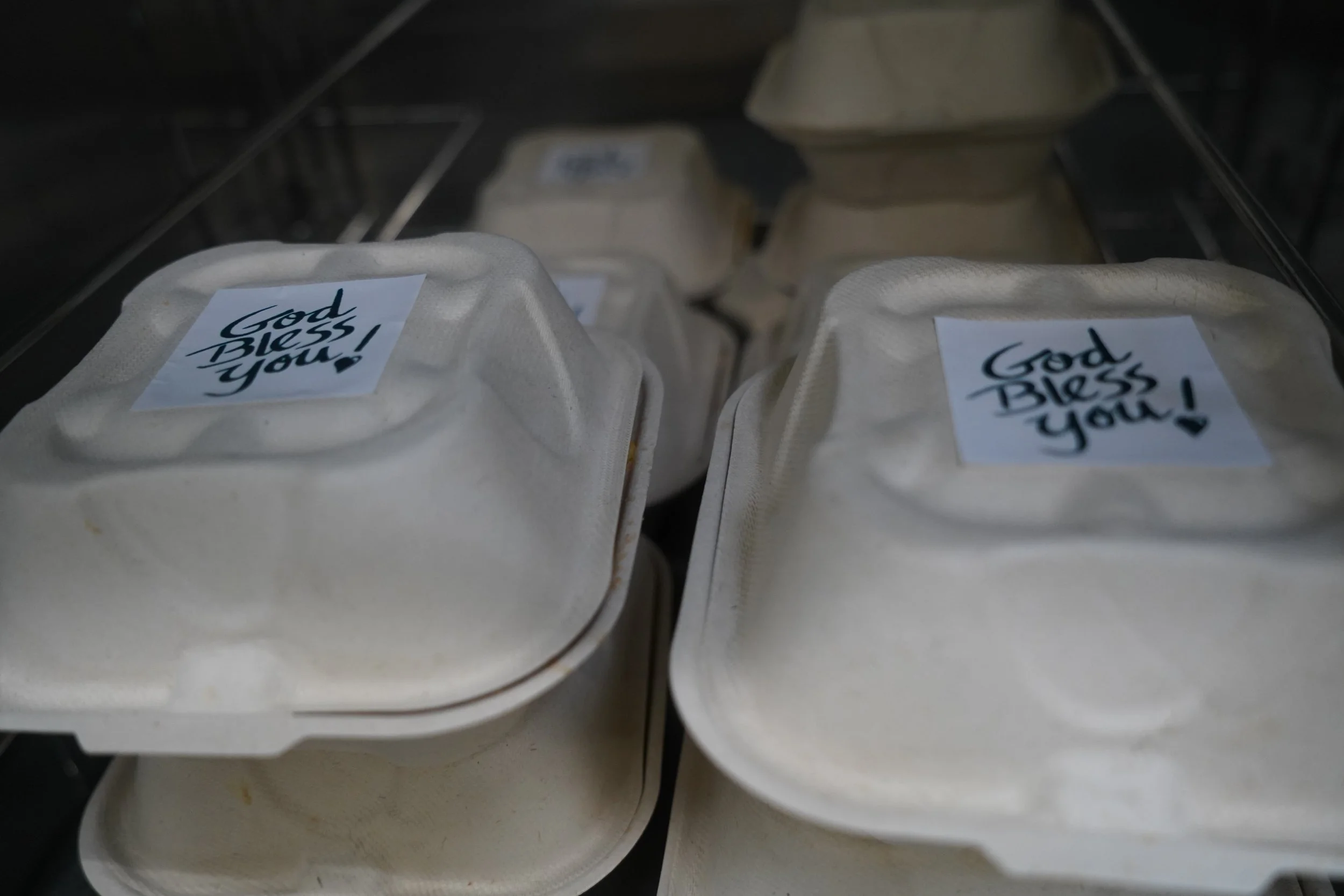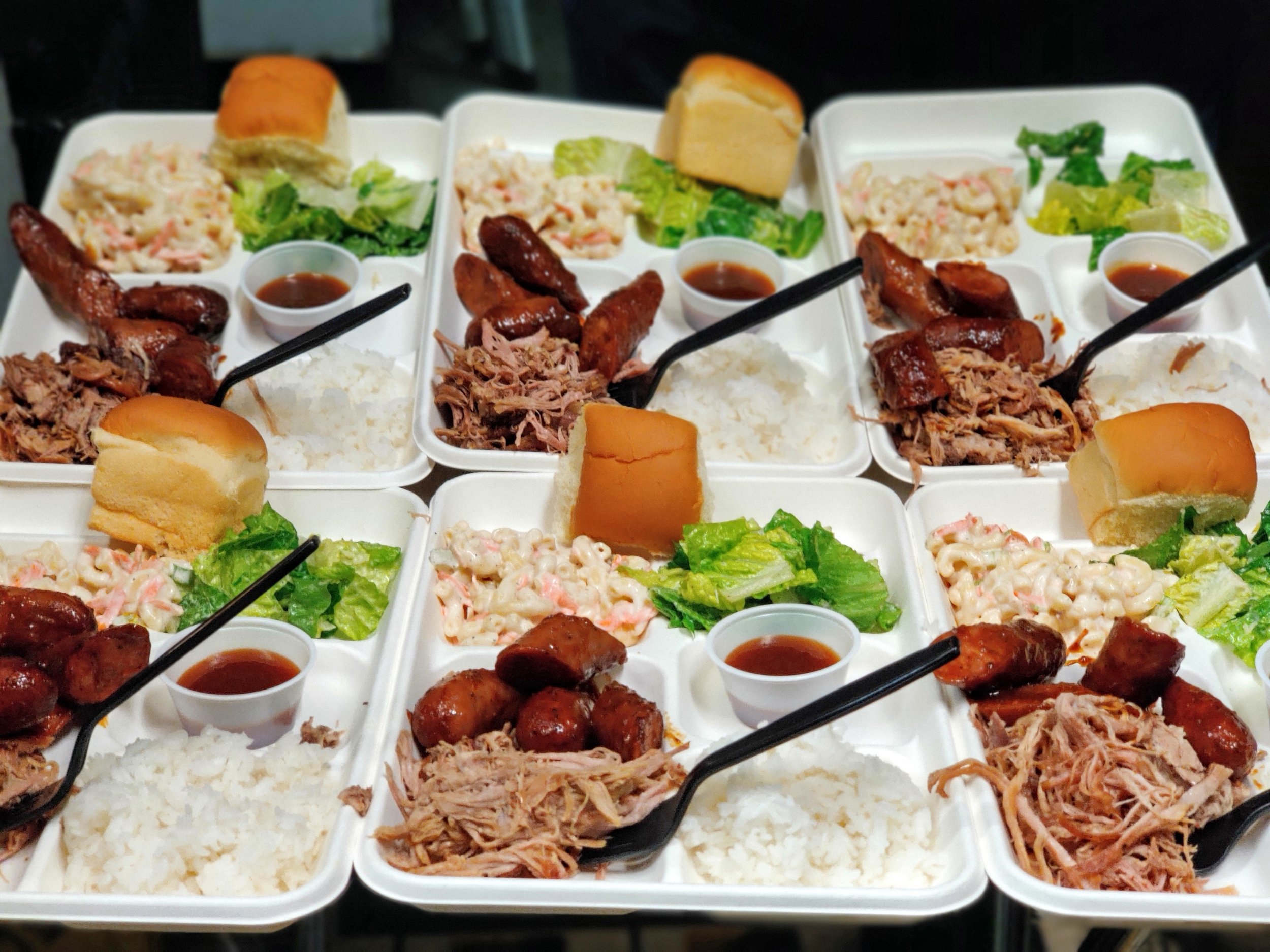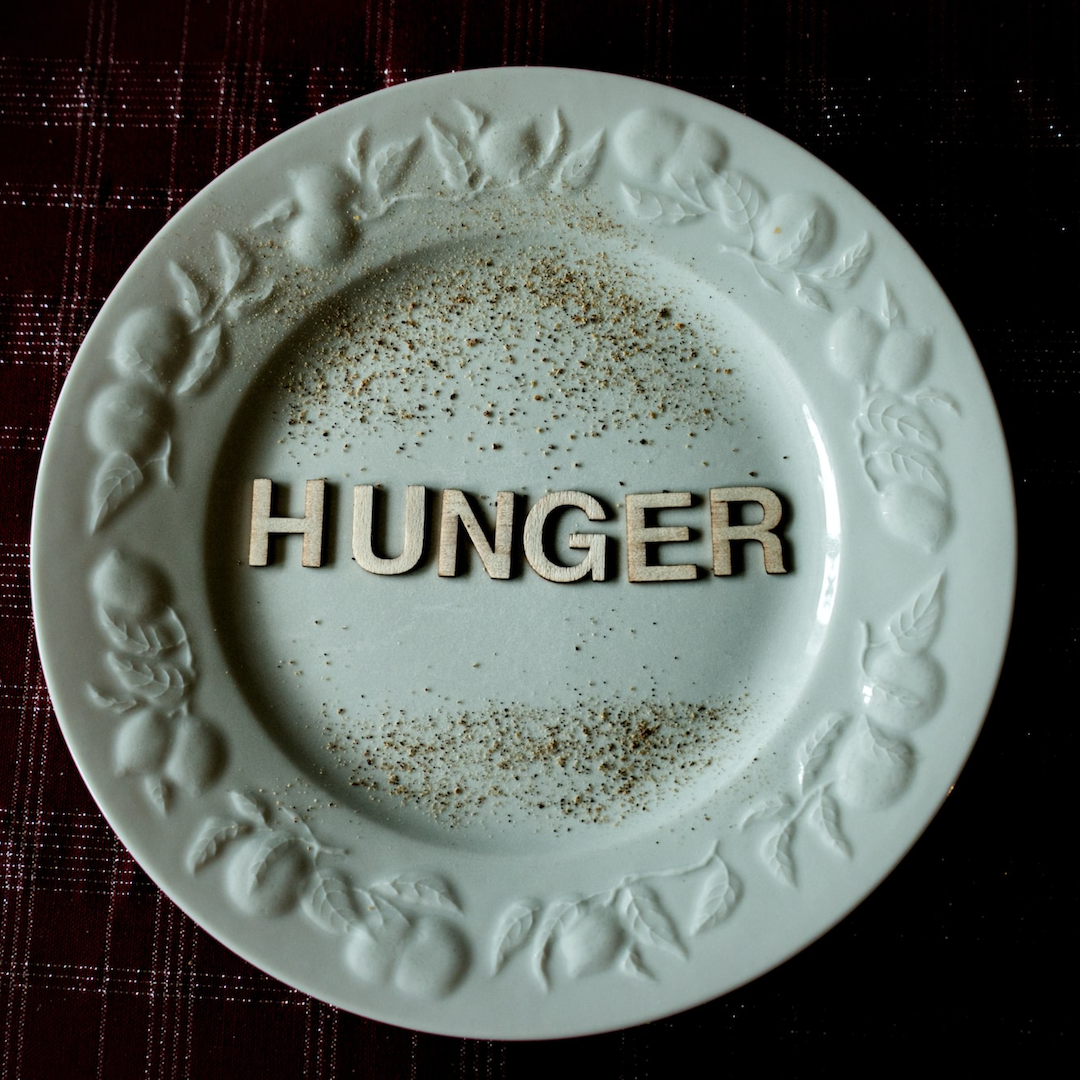
Making a difference in our little corner of the world.
Food insecurity and hunger
Hunger affects people from all walks of life. Millions of people in America are one job loss, missed paycheck, or medical emergency away from hunger. But hunger doesn't affect everyone equally, some groups like children, seniors, African-Americans, Indigenous and other people of color face hunger at much higher rates. Hunger also most often affects our neighbors who live in poverty.
Hunger is the feeling someone has when they don't have something to eat. Food insecurity is the consistent lack of food to have a healthy life because of your economic situation. The USDA defines food insecurity as a lack of consistent access to enough food for every person in a household to live an active, healthy life. This can be a temporary situation for a family or it can last a long time.
More than 34 million people, including 9 million children experience food insecurity in the United States.
Fathers matter
Ultimately, our advocacy is for children. Parenting rights should not be a zero-sum concept. We passionately support and advocate the rebuttable presumption of 50/50 equal shared parenting. Our goal is to help fathers who want equal, shared parenting to understand their rights and to give these fathers access to the support and resources they need to successfully navigate the pain and frustrations of child custody proceedings in Family Court.
Our advocacy on behalf of fathers is not about impinging on the rights of mothers. Children need both parents. In fact, a recent summary of 40 studies on the outcomes for children of shared physical custody, found that equal, shared parenting is most beneficial for the children. The studies saw that overall, the children and shared parenting families have better outcomes on measures of emotional, behavioral, and psychological well-being, as well as better physical health and better relationship with their fathers AND mothers.
According to the US Census Bureau, 1 out of 3 children in America live in homes that are absent their biological father. It is a crisis.
Hunger within the Black community.
Food insecurity
Discriminatory policies and practices have led Black people to be more likely to live in poverty and more likely to face unemployment. They have fewer financial resources like savings or property than their White counterparts. All of these factors increase someone's likelihood of experiencing hunger. According to the USDA, in 2021, nearly 20% of Black individuals lived in a food insecure household. In addition Black people are almost 3 times as likely to face hunger as White individuals
Children are most vulnerable
Black children are more likely to experience hunger than children of other races. According to the USDA, in 2021, 22% of Black children lived in food insecure households. Black children were almost three times as likely to face hunger than White children.
Poverty and hunger
While the United States has an overall poverty rate of 11.4%, within the Black community, the poverty rate is 19.5%. Meanwhile, the poverty in the non-Hispanic, White community is just 10.1%. These disparities cause those within the Black community to be more vulnerable to hunger and food insecurity.



